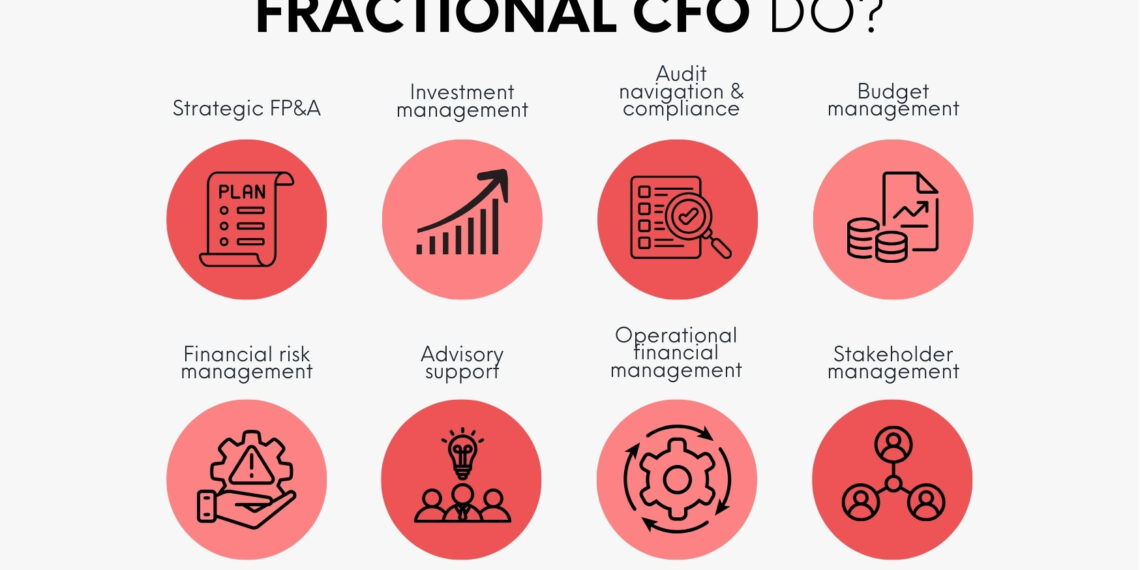The Rise of Fractional C-Suite Roles: Flexible Leadership for Lean Startups
In today’s fast-paced and cost-conscious startup ecosystem, lean operations have become the norm. Startups often operate with limited resources, tight budgets, and the constant need to adapt to change. Amid these challenges, a new leadership model is gaining traction—fractional C-suite roles. This flexible approach allows companies to tap into top-tier executive talent without the commitment or cost of full-time hires.
What Are Fractional C-Suite Roles?
Fractional executives are seasoned professionals who serve in part-time or contract-based leadership roles, such as Chief Executive Officer (CEO), Chief Financial Officer (CFO), Chief Marketing Officer (CMO), or Chief Technology Officer (CTO). These executives bring high-level expertise to the table, typically working with multiple companies simultaneously or on a project basis.
Unlike traditional full-time executives, fractional leaders are engaged for specific objectives—such as scaling operations, launching a new product, or navigating a financial transition. Their involvement can range from a few hours per week to several days per month, depending on the startup’s needs.
Why Startups Are Embracing This Model
-
Cost-Effective Access to Top Talent
Hiring a full-time C-level executive is a significant financial investment—often including equity, benefits, and a high salary. For early-stage or bootstrapped startups, this isn’t always feasible. Fractional roles offer a smarter alternative: companies pay only for the time and expertise they need. -
Agility and Speed
Startups thrive on speed and flexibility. Fractional executives can be onboarded quickly, often without the lengthy hiring process associated with full-time roles. Their outside perspective and fresh insights also help startups avoid tunnel vision and make quicker strategic decisions. -
Scalable Expertise
Fractional leaders grow with your business. A startup may initially need a CFO for budgeting and fundraising, but as the business scales, that same executive can help structure more sophisticated financial systems—or help transition to a full-time hire. -
Risk Mitigation
Hiring the wrong full-time executive can be costly and disruptive. Fractional roles reduce this risk by allowing founders to test compatibility and effectiveness before making long-term commitments.
Common Use Cases
-
A pre-revenue startup bringing in a fractional CMO to shape its go-to-market strategy
-
A growing tech company hiring a part-time CTO to oversee product architecture
-
A startup preparing for Series A funding engaging a fractional CFO to refine financial models
Challenges to Consider
While fractional roles offer many benefits, they aren’t without challenges. Startups must ensure clear communication, well-defined scopes, and cultural alignment. Since fractional executives divide their time among several clients, expectations around availability and decision-making authority should be managed from the outset.
The Future of Fractional Leadership
As remote work and flexible employment models become mainstream, fractional C-suite roles are poised to become a long-term solution, not just a trend. They offer a unique balance of strategy, flexibility, and affordability—making them an ideal fit for lean startups aiming for rapid growth without overextending resources.
In a world where adaptability is key to survival, fractional leadership offers startups a powerful way to scale smart, stay nimble, and compete with larger players.










